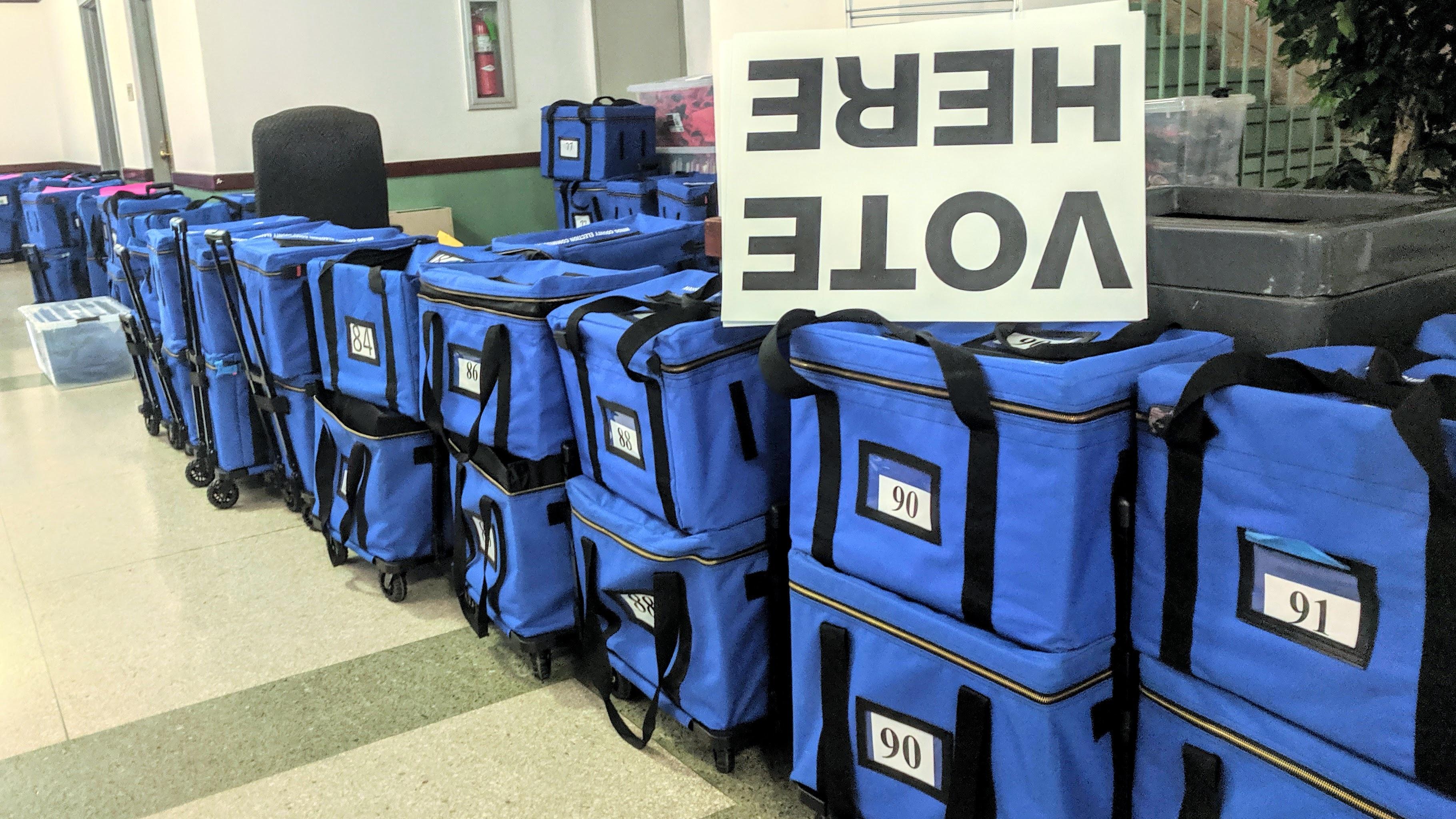Mississippi’s Secretary of State is asking lawmakers to invest in new voting machines that can help keep elections secure in the state.
New voting machines in Mississippi can help keep elections secure but will require funding


Mississippi’s Secretary of State is asking lawmakers to invest in new voting machines that can help keep elections secure in the state.

Kobee Vance
New voting machines in Mississippi can help keep elections secure but will require funding
Mississippi is currently investing in a new voting infrastructure that will rely more on paper ballots as a backup to the machines that scan in votes. This was originally funded through a law passed last year. It allows for local municipalities to print ballots on demand and has specialized touchscreen voting machines for those with disabilities. But Secretary of State Michael Watson says there are some additional costs with these machines that need additional legislative funding to maintain software and security.
“I think it’s important to make sure that Mississippians are educated, and they say, ‘well, we’re still voting on machines.’ Well it’s a machine that counts a paper ballot,” says Watson. “So if there’s ever an issue, you can come back and say ‘you know what, let’s look to the paper.’ And so I think Mississippians will feel more confident about that.”
Watson says the continued security maintenance that modern voting machines require will be a recurring cost for local municipalities, and much of this will be handled by the Mississippi Department of Information Technology Services.
The Secretary of State’s Office is also advising lawmakers to invest in an online voter registration system. Secretary Watson says it could save the state money, and would not be any more of a security hazard than traditional paper registration.
“Somebody at home right now can print off a voter registration form at their house, fill it all in, and mail it in in time. So all you’re doing is taking away that expense of paper, somebody mistranscribing a name, birthday, address or whatever, you’re cleaning that process up and you’re saving that one step.”
Currently the Secretary of State’s office is located in a privately owned building in downtown Jackson, and Watson claims the legislature could cut 400,000 dollars in expenditures annually by moving his office into a state-owned building.